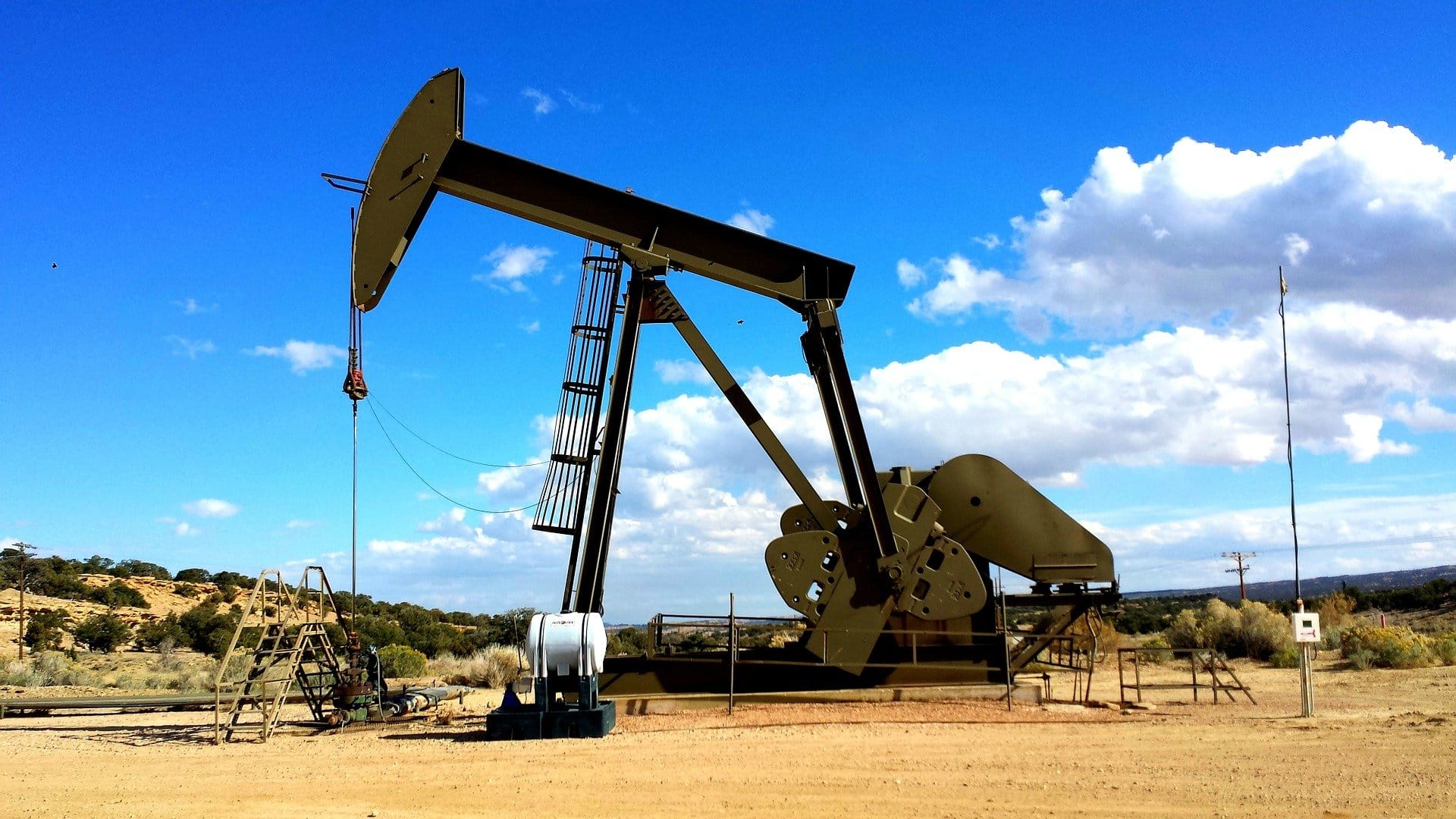- Oil and gas prices are up significantly in the last couple of months.
- This has a profound effect on Houston – which is still closely tied to the energy industry.
- As a result, it looks to be a pretty good time to invest in Houston commercial real estate.
I drive a Tesla. That’s not a brag – it’s the model 3. Its just a fact. But I will gloat a little because it means I do not have to put any gas in the car. And with current oil prices well over $100 per barrel and gas prices around $3.75 here in Austin, I’m pretty happy with that right now.
Like everyone, I reckon, I have been closely following the war in Ukraine and its resultant economic impact.* Its not clear how long this awful war will continue or what the long term effects of it will be. But clearly increased oil and gas prices are at least the case for the near future.
And that got me thinking a lot about our good friends and neighbors to the southeast. I joked last week that the Porsche dealerships in Houston must be booming. But is Houston still that closely tied to energy? And if so, what effect does this time have on real estate? So that’s what I wrote about this week.
Does Energy Still Rule Houston?
I lived in Houston for five years over two different stints in the early to mid 2000s. I liked it there quite a bit. So this is not a bash Houston article at all. I am a fan. But I am quite curious how beholden the local economy is to the swings of the energy markets. I, therefore, investigated it a little to write this article.
As I am sure we all know, Houston is the headquarters for several massive oil and gas companies – including BP, Conoco, and Shell. These companies (and the others in the industry) had faced layoffs in the last decade because of the swings in oil and gas. But largely because of the growth in industrial gas, Houston is still largely energy influenced and the energy capital of the US, if not the world.
From an historical perspective, energy jobs peaked in Houston in the third quarter of 1991. At the time, they represented 10.8% of the total local job market. Since then, the number has declined to the point where, in the fourth quarter of 2019 (the most recent numbers I could find), energy jobs represented 7.8% of the market.
For 2019, the energy sector also represented about 20% of Houston’s total GDP. I think it is pretty clear, therefore, that while Houston has become more industry independent, energy still clearly rules the day.
What is the Future of Houston’s Commercial Real Estate Market?
Because it is still so tied to the trends of energy and oil, this is a good time to be in Houston. But obviously we do not know how long this is going to last. But for purposes of this article, let’s assume that oil stays above $100 per barrel for a while.
Even at increased prices like that, it still takes a while to convert that into energy market jobs. Higher prices do directly lead to increased rig count and domestic oil production. But advanced fracking technology may reduce the number of jobs that follow. According to one study, if oil prices remain over $100, it would likely take until into 2023 to see any substantial job growth from that.
Despite that, though, the Houston commercial real estate market has been booming. The third quarter of 2021, for example, had more commercial real estate sales than any other city in the United States. And home values increased by over 17% in the last year. This is largely fueled by a population growth that has seen Harris County grow by 15.6% from 2010 to 2020.
As an investment, therefore, Houston looks pretty attractive. And if oil prices stay high for a little while, that’s even more incentive to consider investing in the original Energy City.
*It goes without saying that the horrific human toll of this awful war far outweighs the economic impact. But this is nominally a commercial real estate blog. So that’s what I focus on here. If you want to hear about what an horrific person Putin is, please give me a call and we can grab a beer.



